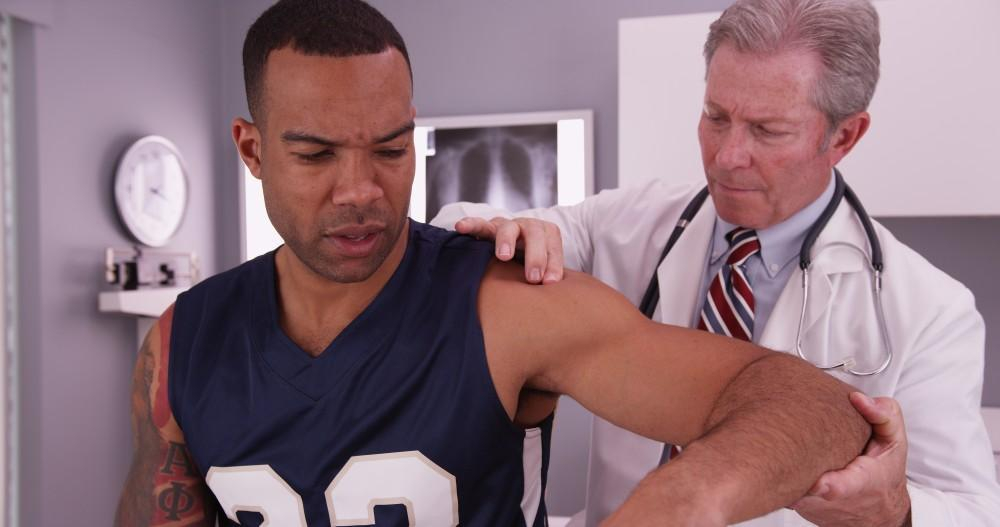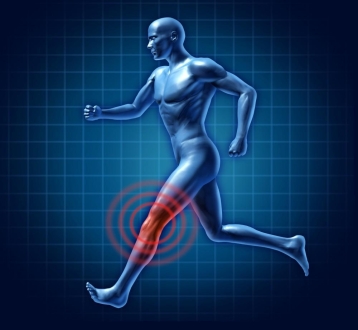
The shoulder is a complex joint, which allows it incredible range of motion and function. But that complexity also makes your shoulder vulnerable to injury. Rotator cuff tears are common, with almost 2 million Americans suffering one each year.
If you start to have notable pain when combing your hair, getting dressed, or throwing a ball, you may suspect a rotator cuff tear. You should seek evaluation with Otis R. Drew, MD, as promptly as possible for early treatment, which can help you heal with conservative measures and potentially avoid surgery.
Symptoms of a tear
Your rotator cuff is what keeps your arm in the shoulder socket. The cuff is actually a group of four muscles that merge into tendons to form a cap around the head of your arm bone. A functioning rotator cuff makes it possible for you to raise and rotate your arm.
Symptoms may come on gradually and first appear as a dull, nagging ache. When you lie on the affected shoulder, it may be particularly noticeable. Rotator cuff tears may also make it painful to lift your arm up overhead, such as when doing shoulder presses or placing groceries away on a top shelf. Often, you notice weakness in your arm.
Causes of a rotator cuff injury
Anyone at any age can tear a rotator cuff, but as you pass age 40, you’re at greater risk. Older soft tissue has less integrity and is more vulnerable to injury.
Repetitive shoulder movements, such as pitching in softball or swinging a racket in tennis, put you at risk. So do repetitive work tasks such as painting or carpentry.
Certain people may have a genetic tendency toward rotator cuff injury, so if someone in your family has a torn rotator and you have some of the symptoms, you might suspect you have one, too.
In less common instances, trauma can cause a tear. If you experience and accident or fall and have shoulder pain as a result, visit Dr. Drew’s Lafayette, Louisiana, office for evaluation.
Make an appointment right away
If you have a suspicion that you have a rotator tear, don’t hesitate to call our office or schedule an appointment online. Early treatment prevents your symptoms from getting worse and can get you back to doing your daily tasks more quickly.
When you come in for your appointment, Dr. Drew reviews your symptoms and medical history and checks your shoulder for tenderness and deformity. You’ll be asked to move your arm in several different directions to gauge your range of motion and have your arm strength tested. Dr. Drew may order imaging tests.
Next steps
If you do have a rotator cuff tear, treatment depends on the type of tear and your goals. Conservative treatments such as rest and immobilization, anti-inflammatory medications, steroid injections, and physical therapy can effectively relieve pain in 80% of cases.
For those with full tears or who cannot find relief and return to function with conservative treatments, surgery may be required. Dr. Drew explains all of your treatment options so you can make an informed decision.










